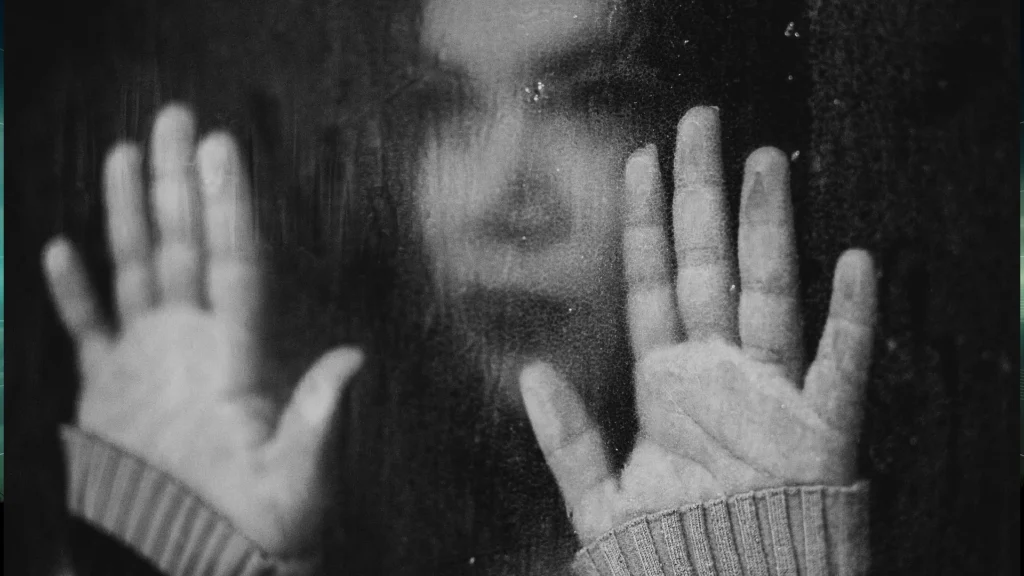Resentment and abuse are dark shadows that cast a pall over the human experience, leaving scars that can linger for a lifetime. But what drives individuals to harbor such negativity, and how can we begin to unravel the tangled roots of their behavior? In this blog, we delve into the complex web of psychological and social factors that contribute to resentment and abuse, shedding light on the underlying causes and offering insights for healing and transformation.
At the heart of resentment and abuse lies a deep-seated sense of powerlessness and inadequacy. Individuals who engage in abusive behavior often do so as a misguided attempt to regain a sense of control over their lives. Whether stemming from unresolved trauma, unmet emotional needs, or learned patterns of behavior, this sense of powerlessness can manifest itself in destructive ways, leading to cycles of abuse and negativity.
Furthermore, societal factors such as systemic inequalities, cultural norms, and social conditioning can exacerbate feelings of resentment and perpetuate cycles of abuse. From toxic masculinity to rigid gender roles, from economic disparities to racial discrimination, the structures of society often serve to reinforce negative beliefs and behaviors, creating fertile ground for resentment to take root.
In Charles Blanchard’s story, we see how the seeds of resentment were sown in his early years, as he grappled with the chaos and darkness that dominated his environment. Yet, through introspection and self-awareness, he was able to break free from the cycle of negativity and chart a new course towards healing and redemption.
But breaking free from resentment and abuse is no easy feat. It requires a willingness to confront uncomfortable truths, to challenge ingrained beliefs, and to seek support from trusted allies. Therapy, counseling, and support groups can provide valuable resources for individuals seeking to heal from past trauma and break free from destructive patterns of behavior.
As we seek to understand the roots of resentment and abuse, let us also remember that healing is possible. By addressing the underlying causes of negativity and fostering environments of compassion and empathy, we can create a world where every individual has the opportunity to thrive and live free from the shadows of the past.
